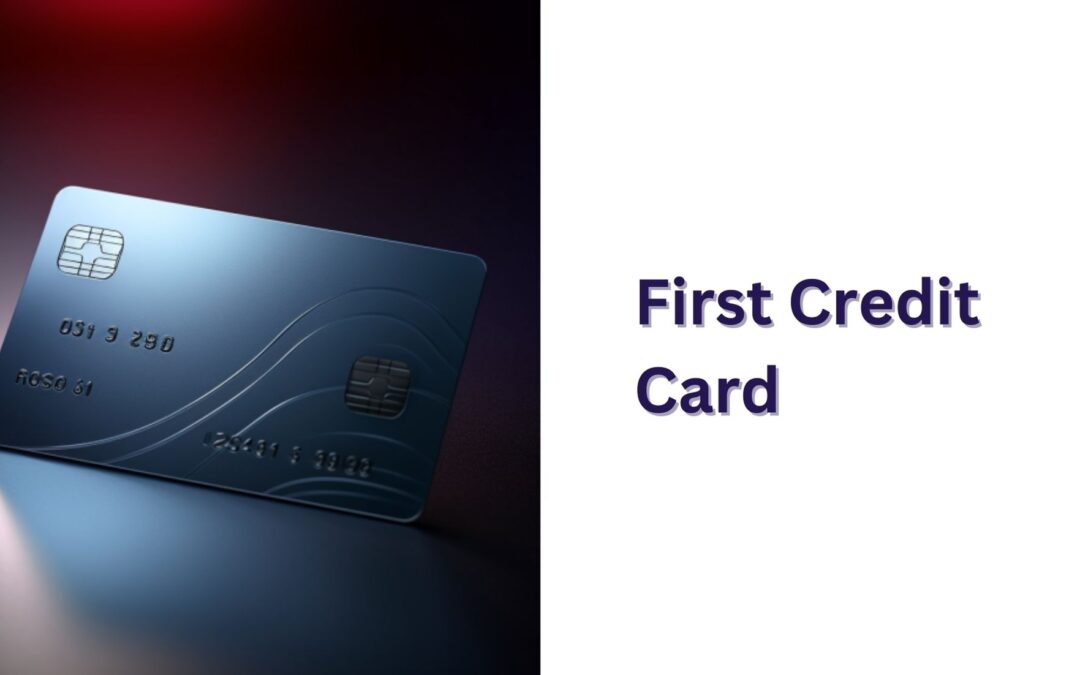Embarking on the journey of acquiring your first credit card can be both exciting and overwhelming. It’s a financial milestone that opens doors to a world of possibilities, but it comes with responsibilities. Here’s a comprehensive guide to navigate this crucial phase of personal finance.
Download the Jar App to save your money in 24k digital gold.
Understanding The Pros and Cons of Getting Your First Credit Card
1. Choosing Wisely: The Right Credit Card for You
Selecting the perfect credit card sets the tone for a smooth financial experience. Research and assess the options available, considering factors like interest rates, rewards programs, and annual fees. Whether it’s a student card, secured card, or a basic credit card, align it with your financial goals.
2. Understanding Credit Scores: The Backbone of Approval
Before diving in, grasp the significance of credit scores. Lenders use these scores to evaluate your creditworthiness. A good credit score enhances your chances of approval and favorable terms. Familiarize yourself with credit score basics and ways to improve your score over time.
3. Terms and Conditions Demystified: Read the Fine Print
In the world of credit cards, details matter. Delve into the terms and conditions of the card you’re eyeing. Understand the interest rates, grace periods, and any hidden fees. Being well-informed prevents surprises and ensures a transparent financial relationship.
4. Building Credit Responsibly: A Stepping Stone to Financial Freedom
Your first card is a tool to build credit. Make timely payments, keep balances low, and avoid maxing out your card. Responsible credit usage lays the foundation for a positive credit history, facilitating future financial endeavors.
5. Budgeting for Success: Staying in Control
Create a budget that accommodates your credit card expenses. Tracking your spending prevents overspending and aids in managing monthly payments. Adopting a disciplined approach to budgeting reinforces financial stability.
6. Security Measures: Safeguarding Your Financial Well-Being
In the digital age, prioritizing security is paramount. Regularly monitor your card statements for any unauthorized transactions. Set up alerts and notifications to stay informed about account activity, ensuring a proactive stance against potential fraud.
Conclusion: Your Financial Journey Begins
Armed with knowledge and a strategic approach, obtaining your first credit card becomes a milestone in your financial journey. Choose wisely, understand the intricacies, and use it as a tool for financial empowerment. Remember, your financial well-being is in your hands.
Embark on this adventure with confidence, and pave the way for a future filled with financial success.
FAQs
Q: What factors should I consider when choosing my first credit card?
A: Consider interest rates, rewards programs, and annual fees. Align the card with your financial goals, whether it’s a student, secured, or basic credit card.
Q: How does my credit score impact my ability to get a credit card?
A: Lenders use credit scores to assess creditworthiness. A good score enhances approval chances and favorable terms. Learn the basics and ways to improve your score.
Q: Why is reading the fine print of credit card terms and conditions important?
A: Details matter in this world. Understanding interest rates, grace periods, and hidden fees ensures transparency and avoids surprises.
Q: How can I responsibly build credit with my first credit card?
A: Make timely payments, keep balances low, and avoid maxing out your card. Responsible usage lays the foundation for a positive credit history.
Q: What security measures should I take with my first credit card?
A: Regularly monitor statements, set up alerts, and be vigilant against unauthorized transactions. Prioritize security in the digital age for financial well-being.

